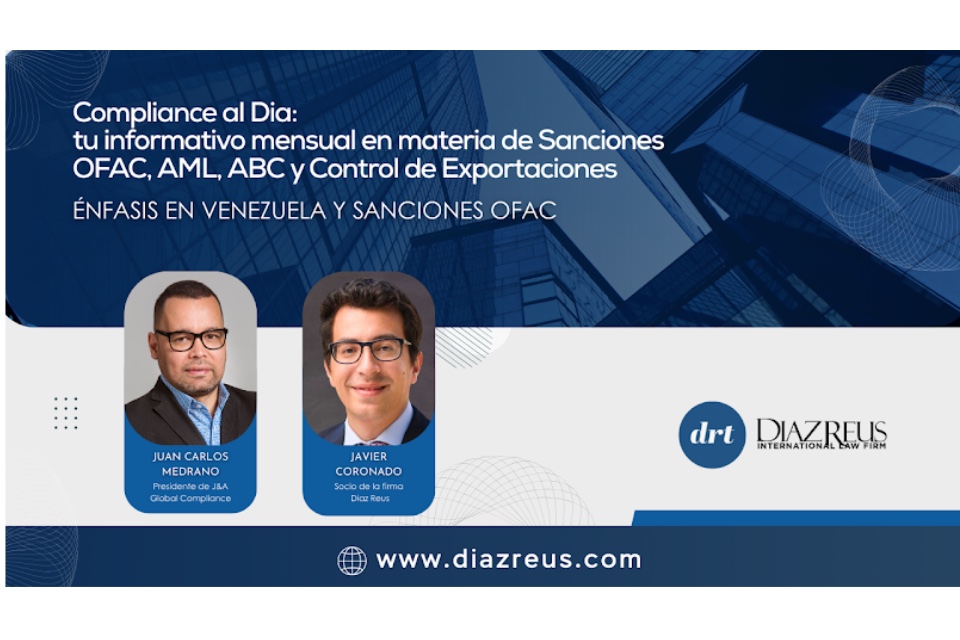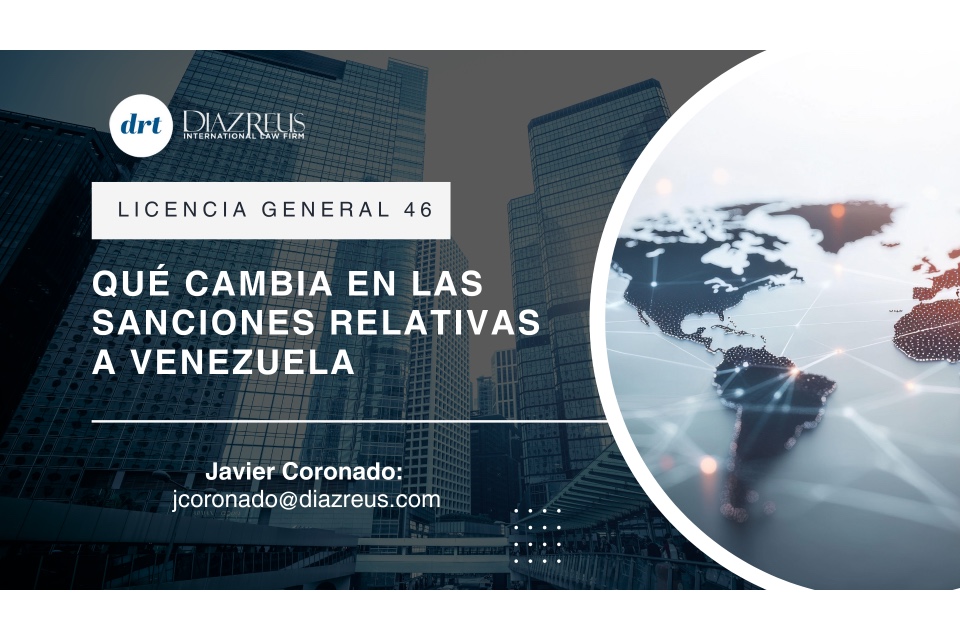Leaked data needs to pass the test of ‘accuracy of evidence’
The so called ‘Panama Papers’ have dominated media headlines in recent days, creating shock waves that have reverberated across the world. It is claimed that a staggering number of about 11.5 million confidential records of the Panamanian law firm, Mossack Fonseca, were leaked to media organizations around the world. This massive data leak is purported to provide detailed affairs of thousands of offshore companies, alleging that many of these companies were used by politicians, celebrities, and other high net worth individuals to hide their wealth, evade taxes, or launder money. This article gives four reasons why more time is needed for the leaked data to satisfy the test of accuracy of evidence before conclusions can be drawn.
As in the case of any data leak, it is always of paramount importance to first fully explore and verify the leaked data, because the consequences of such leaks can be extremely severe, ranging from reputational loss to plummeting stock price or revenue, to lawsuits and significant regulatory fines being imposed. It is too early to make assumptions based on the information currently circulating in the media. Any statement of ‘pure opinion’ that later turns out to be wrong can have serious consequences on all parties adversely affected by relying on unsubstantiated information.
-
The leaked data needs to be verified.
The Panama Papers is the biggest data leak to date. And like all data leaks, it will require a detailed investigation of millions of documents, including emails, images, and database format files, among others. To put the leak into perspective, the data reportedly stretches over 40 years, from 1977 through the end of 2015, and includes details about more than 200,000 offshore entities. And as developments continue to unfold, authorities reportedly raided the Panamanian law firm on site during April 2016, in a search for additional evidence of unlawful activities. However, a Panama’s public prosecutor did later announce that no such evidence has yet been found to take action against the law firm.
Given this massive volume of data, files, and other materials, a very large and experienced team of lawyers is needed to prepare and manage the document review. This will undoubtedly be a highly time consuming, complex, and costly process for authorities. The data will need to be identified, organized, sorted, and archived, and critical decisions will need to be made as to which documents are relevant and/or privilaged. The later complicated by multiple, international jurisdictions.
Under U.S. law, a document is deemed privileged where confidential communication is exchanged between a lawyer and a client. Under certain narrow circumstances, however, these communications can be disclosed for specific purposes, such as an investigation by law enforcement agencies. If an entire document or communication evidences a privileged communication, the entirety can be withheld. But, where only part of the document or communication evidences the privileged communication, that part will be redacted and only the remainder disclosed.
Yet, navigating the boundaries of privilege across borders will most certainly pose challenges. A document or communication that is privileged in one jurisdiction may not be privileged in another. Moreover, the review, analysis, and verification process will require the skills of multilingual lawyers, who will need to be identified and engaged, as well as information technology experts. Suffice to to say that the verification of this leaked data is a very, very large task that will likely take years, not months, to complete.
-
The legality of the data needs to be determined.
It is said that “two wrongs do not make a right.” Even if the contentions of the Panama Papers are true, the manner in which the information was hacked and obtained from the Panamanian law firm’s server was illegal. As such, the information may or may not be allowed as evidence in prosecuting individuals and companies for crimes such as money laundering or tax evasion that were exposed in the leak. For data leaks with an international dimension, such as this one, much will depend on the laws of the jurisdictions involved and the particular circumstances related to this leak.
In the U.S., for example, an exclusionary rule bars the use of any evidence that was obtained by illegal means. The primary function of the exclusionary rule is to deter law enforcement officials and others from gaining evidence in an unlawful manner. Although this law does not apply to civil cases, nor to cases involving aliens that reside outside the U.S., it is a key factor in U.S. criminal cases. To prosecute individuals or companies in the U.S., as a result of information obtained by authorities via this leak, may therefore be problematic. The legality of the data must be vetted to determine whether information obtained illegally could be used in a court of law.
-
The privacy of data must comply with established law.
In a cross-border legal or compliance matter there are also a host of data privacy provisions that need to be taken into consideration, and this is no simple issue. In the regulatory review of the leaked information, which contains client information from various countries, the legal team will need to evaluate how best to comply with privacy rules. For jurisdictions that have privacy rules in place, the legal team must ensure that they adequately perform the work without violating the country’s restrictions.
-
The impact of reputational damage cannot easily be erased or restored.
Allegations of criminal behavior of a person or corporation splashed across the front page of a newspaper is not just damaging, it is also very long lasting. With the prevalence of online media, a person’s reputation built up over years can be tarnished in a matter of hours and may ‘live forever’ on the Internet, baring the invocation of a Right to Be Forgotten law, such as has been instituted in several European countries.
The recent resignations of some of the prominent politicians arising as a result of the leak is evidence of the serious impact of reputational damage, even before such data has been processed, verified, and validated for public consumption. Notwithstanding, if untrue allegations are published about any innocent person, defamation laws do provide some protection in the U.S. and in many other countries. In the U.S., there are other legal remedies, as well.
Therefore, it is crucial for individuals who believe they have suffered defamation to determine where best to bring legal proceedings to achieve maximum impact globally. And at this point in time, affected persons should contact lawyers to seek advice on how best to deal with the reputational damage. It is expected that cases seeking damages for defamation will occupy courts’ attention in the near future.
Offshore companies are not illegal.
In the maze of complexities that this criminal hack has initiated, it should be duly noted that setting up offshore companies is not illegal! In fact, there are many good and legitimate reasons to do so. Not only are offshore structures used by companies around the world to aid in the efficient organization of their businesses, law abiding, legitimate investors choose them because they may provide management control and access to new markets, while treating all investors equally or as commercially agreed. In addition, they can offer other advantages such as credible and efficient dispute resolution jurisdiction, and effective exit strategies.
Overall, international regulatory standards have become much stronger – onshore and offshore – in the past two decades. Since the regulation of the offshore industry began 20 years ago, the majority of offshore financial centers have adopted fully compliant regimes and ongoing compliance with international standards, including Panama, and continue to play a legitimate, fundamental, role in global commerce.
It is also important to note that there is a difference between privacy, or confidentiality, and secrecy. Privacy is the state of being unobserved and out of public view. Secrecy is the act of keeping things hidden. Certainly, there are legitimate reasons for global interests to chose to remain out of the public view. Yet, there are those who use offshore companies for secrecy—to hide and launder money or evade taxes. These are criminal offenses. Ironically, it was a criminal act of hacking data and leaking confidential data that created the Panama Papers!
Compliant on shore and off shore regimes do honor privacy, while being committed to transparency when criminal intent is suspected.
Conclusion
In order to manage issues related to the leak, immediate investigations by law enforcement and regulatory authorities around the world are essential and critical. Fact finding and review of the large volumes of the data will be very time consuming and complex, to say the very least. No doubt, investigations will be highly-pressured, cross-border, and sensitive. It is therefore imperative that governments expend adequate resources to ensure that the information revealed in the Panama Papers is fully investigated and scrutinized before remedial measures, if any, are undertaken. Several countries have already begun investigations into the Panama Papers. Most prominently, the UK government has launched a taskforce to investigate and respond to the practices identified in the Panama Papers. This seems to be just the beginning, however the degree to which this approach succeeds remains to be seen.
About the Authors
Arti Sangar is an international litigation, arbitration, and commercial law partner at Diaz Reus (Dubai). She is enrolled as legal practitioner in Australia, India, and Dubai International Financial Center. A multilingual attorney, she blogs at EmiratesBusinessLaw.com.
Marcela Cristina Blanco is a senior associate based in the firm’s Bogota, Colombia, office. Dual qualified to practice in the U.S. and Colombia, she handles commercial litigation and arbitration and advises on international, cross border business matters.
About Diaz Reus
Diaz Reus is a global legal practice focused on national and transnational parallel proceedings in the following broad areas: sovereign, trade, commerce, finance, and fraud; civil litigation and arbitration; asset identification, location, tracing, and recovery; white collar crime, regulatory, and criminal investigations and defense in matters of corruption, bribery, money laundering, Foreign Corrupt Practices Act, OFAC, Specially Designated Nationals, and the Bank Secrecy Act; and politically sensitive investigations including the recovery of U.S. immigration status and visas. The firm’s global reach extends from its Miami headquarters to include 15 additional offices, strategically located in business centers in the U.S, Latin America, the Middle East, Asia, and Europe. The firm has earned prestigious rankings and peer recognition from organizations such as Chambers and Partners, Martindale-Hubbell, and Best Lawyers, among others. For the third straight year, Latinvex has ranked Diaz Reus in the top five Latin American litigation law firms.













